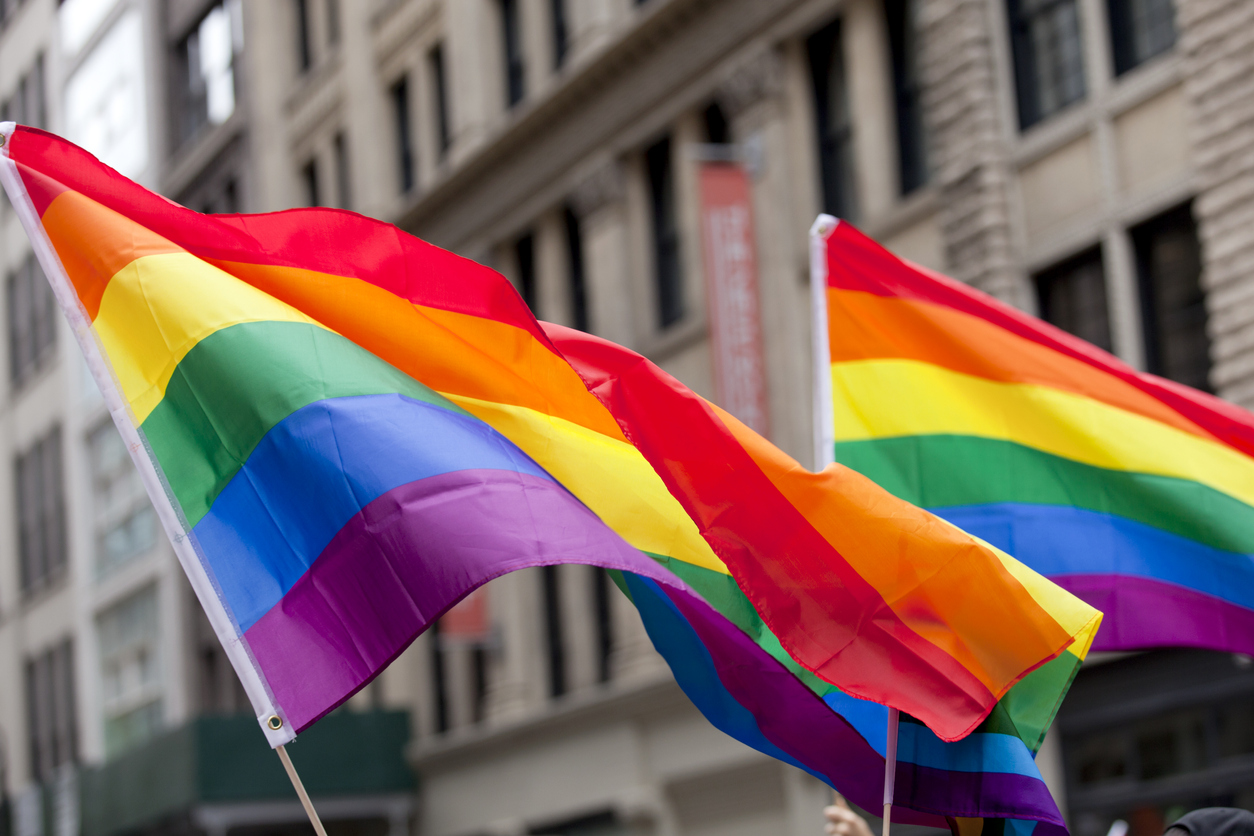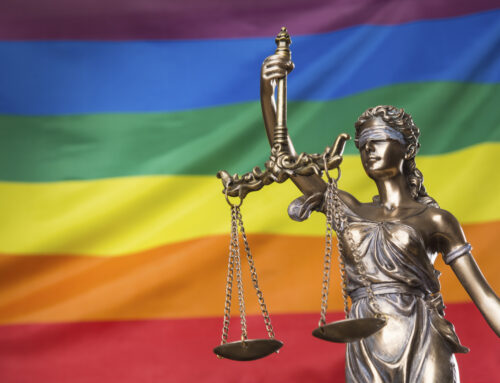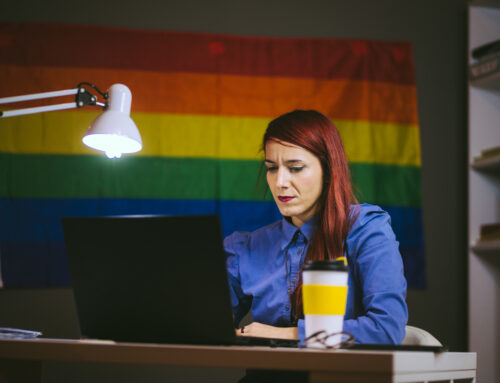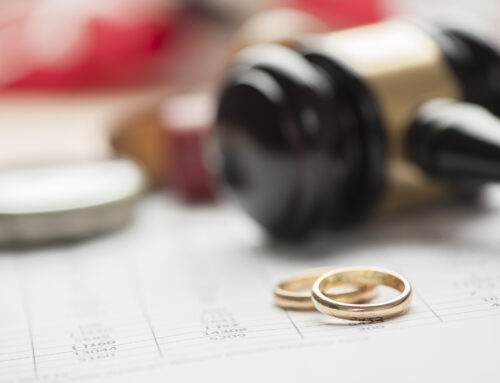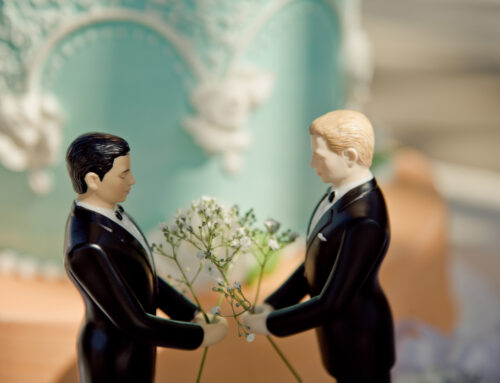A recent study found that LGBT people were nearly four times more likely to be victims of violent acts compared with non-LGBT people. Possibly more disturbing is that LGBT people were six times more likely to experience violence by a person who was well-known to them. That raises the question of whether LGBT couples are more likely to be involved in domestic violence.
About one-third of domestic relationships experience domestic violence. Research regarding LGBT domestic violence suggests that LGBT partners have about the same rate of domestic violence as heterosexual partners. However, the actual numbers could be higher because people do not report domestic violence as often as other types of violent acts.
Do California Domestic Violence Laws Protect LGBT Partners?
California domestic violence laws protect spouses, cohabitation partners, registered domestic partners, co-parents, ex-spouses, and others in current and former domestic relationships from violence. Domestic violence charges can include:
- Domestic battery
- Elder abuse
- Corporal injury
- Stalking
- Child abuse
- Child endangerment
- Criminal threats
Domestic violence can include physical abuse, battery, sexual abuse, and non-consensual sex. Financial abuse can include cutting off a same-sex partner from finances by denying access to marital funds. They might name other people as their beneficiaries and heirs.
Domestic violence also includes emotional and mental abuse. This type of domestic abuse can take many forms, including gaslighting, verbal abuse, isolation, ridiculing, and insulting.
For LGBT partners, emotional and mental abuse could include threatening to “out” their partner or exposing the partner’s status as an HIV-positive individual. It could also include shaming a partner about their sexual orientation.
What Are the Penalties for LGBT Domestic Violence Convictions?
Many of the domestic violence offenses in California are wobbler offenses. Wobbler offenses can be charged as misdemeanors or felonies. The charge depends on the specific facts of the case.
Potential penalties for domestic violence convictions in California include:
- Mandatory minimum jail time
- Restraining orders (also known as protective orders)
- Payments of fines and assessments
- Mandatory participation in domestic violence classes
- Payment of restitution to the victim
- Loss of custody rights
- Immigration consequences for non-citizens
- Loss of gun rights
- Summary probation for misdemeanor convictions and formal probation for felony convictions
When charged with felony domestic violence, a conviction could result in a strike against the Third Strikes Rule.
What Are Defenses to Domestic Violence Charges for LGBT Partners?
LGBT spouses have the same right to legal representation and defense when they are accused of domestic violence in California. A person may use several legal defense strategies to defend themselves from domestic violence charges. Those strategies include:
- The defendant is being falsely accused of domestic violence because the spouse or partner is jealous, angry, or wants to have the upper hand in a family law matter
- The defendant’s conduct did not cause the alleged victim’s injuries
- The other person was injured in an accident instead of acts of domestic violence
- The defendant acted in self-defense of themselves or to protect another person
- There is insufficient evidence to prove that the defendant committed the alleged acts
An experienced California criminal defense lawyer can assess the case to determine the likelihood of the defense strategy being successful. The lawyer may advise the defendant to accept a plea bargain instead of going to trial. A plea bargain may be preferable, especially if the plea bargain avoids jail time.
An attorney might be able to negotiate a reduction in charges. For example, the defendant might plead guilty to disturbing the peace or criminal trespass. Another option would be a pre-trial diversion.
The Need for Experienced Legal Counsel for LGBT Domestic Violence Cases
LGBT partners could face unique challenges when defending themselves against domestic violence. Preconceived bias and prejudice could impact the defense or the prosecution of the case. However, having an experienced criminal defense lawyer representing the defendant can help.
A defense lawyer understands California laws, including laws designed to protect LGBT rights. An attorney takes all steps necessary to protect the defendant’s legal rights, including the right to a fair and just criminal justice process, regardless of their sexual orientation.

